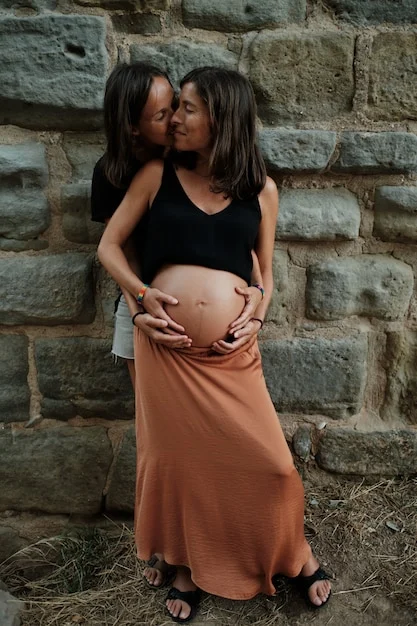Ever had an experience that completely shifts your perspective on life? A couple of months ago, I attended a wake for a young child, and that moment has lingered with me. It opened my eyes in ways I never anticipated, especially regarding my feelings about autism.
I’ve come to realize that I can no longer claim to know grief in the way I once thought. Sure, I’ve written about how discovering your child is autistic can feel like a grieving process. I’ve read countless articles about mourning the child you imagined you’d have, grappling with the idea that autism has somehow taken that child away. But looking back, I can honestly say I didn’t understand the true weight of grief. My child is here—he’s making a delightful mess, playing with his toys, and singing “The Bird Is the Word” for what feels like the thousandth time today.
Yes, he needs reminders to chew his food properly so he doesn’t gag, and he sometimes teases the dogs a bit too much. He’ll certainly jump if he sees me open the kitchen cabinet where the blender lives. But he’s here, and that’s what matters. I can share laughs, sing along with him, and sneak into his room at night after a long day to kiss him goodnight.
I won’t pretend that life has played out exactly as I envisioned, but whose life does? The reality is that everyone faces unexpected twists and turns—some good, some challenging. Sometimes, I feel moments of self-pity or frustration, but I refuse to label those feelings as grief. Instead, I’m choosing to view this journey as one of acceptance.
It’s a disservice to compare my situation to the heartbreaking loss of a child—something I won’t do again. I won’t mourn the son I thought I’d have because he’s right here with me. Yes, parenting an autistic child can be more demanding than I anticipated, but I’m grateful for the opportunity to share this life with him. Others don’t have that luxury, and they are the ones who have the right to grieve the loss of their children.
I’m not trying to dictate how anyone else should feel. All I ask is that you consider my perspective. If your child is still with you, you have something incredibly precious that others may not. It’s perfectly okay to feel sad, angry, or frustrated about your circumstances. I wouldn’t dream of telling you otherwise. I can’t help but reflect on a recent moment when I hugged a mother who was preparing for a lifetime of medical challenges for her daughter, only to see her at her child’s wake.
This isn’t about right or wrong; it’s about recognizing when I’ve misjudged my feelings and how I plan to change that moving forward.
If you’re interested in more about fertility and home insemination, check out this post here. And for those wanting to boost their chances of conception, consider visiting Make a Mom for great resources. Additionally, Science Daily provides fantastic insights into the world of fertility.
In summary, I’ve chosen to embrace my autistic child without the weight of grief. Life may not look as I had envisioned, but I am incredibly grateful for the joy and lessons he brings into my life.
